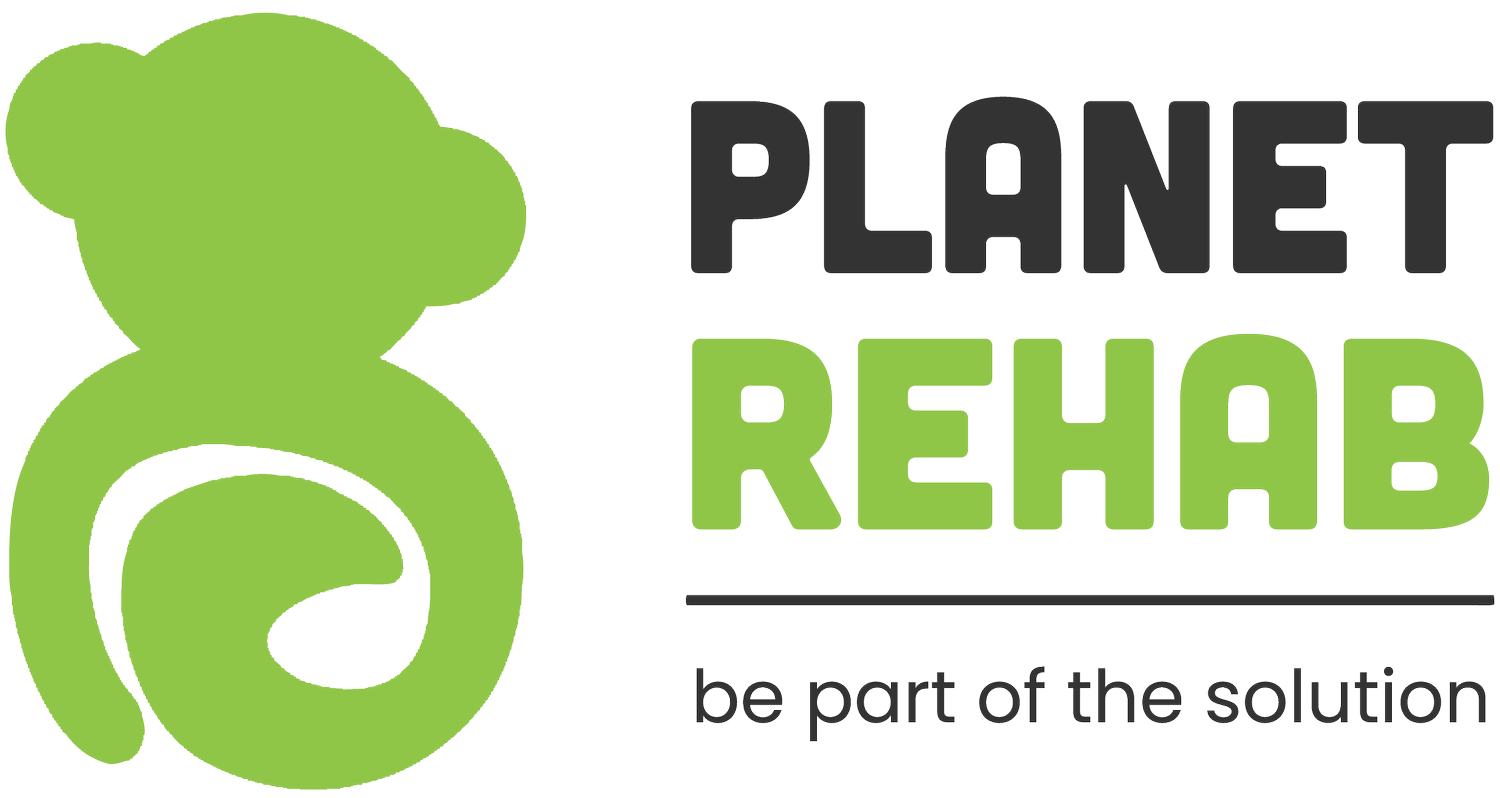INCREASED BEEF INTAKE & ANIMAL AGRICULTURE INCREASES THREATS TO YOUR HEALTH & THE ENVIRONMENT
May 20, 2017 | Autumn Jackson
A 2013 study conducted by the Food and Agriculture Organization brings awareness to the effects livestock used to produce meats such as beef have on climate change. Not only does the production of beef contribute to global warming, but it also is costing us water supply that could be used to meet the need of billions of people around the world. Netflix's "Cowspiracy" documentary explains that livestock production causes more emissions of GHGs than the emissions of the entire transportation sector including airplanes, busses, cars, trains, etc.
What is global warming?
In short, it refers to the rising temperature of our planet's climate system. According to scientific studies, human influence serves as the predominant factor in dangerously rising temperatures. The global emissions article by the FAO suggests that cattle is the leading contributor to greenhouse gas emissions at a shocking 65% compared to its other livestock counterparts. The presence of greenhouse gasses absorb and emit radiation & with human activity producing increased levels of greenhouse gasses such as carbon dioxide; we are expecting it to become dangerous in the future.
What significance does cattle hold over other livestock contributing to global warming?
According to experts cattle uses more land, water, and nitrogen fertilizer to produce beef . Currently, it takes 1,799 gallons of water to produce ONE pound of beef. In 2015, U.S. beef production was at 23.70 billion lbs. The UNDESA during their international decade for action "Water For Life" states that around 700 million people suffer from water scarcity in 43 countries and by 2025 1800 million people will be living with water scarcity.
EMISSIONS ARE INCREASINGLY DANGEROUS
Published in the Journal of Environmental Quality approaches the very harmful emissions of GHG Nitrous Oxide which has a global warming potential 298x greater that Carbon Dioxide. Majority of NO2 emissions are from cropland and open-land cattle feed-yards.
Other species and the surrounding environment
As mentioned in the Cowspiracy documentary, the lives of other wildlife are effected in preparation for animal agriculture business. -In response to attack on livestock, endangered species including wolf packs, cougars, bears, bobcats,deer etc are being trapped, poisoned, & killed and are at risk of extinction & habitat loss due to the demands of animal agriculture -Livestock grazing is effecting public land and also 136 million acres of rain forests are cleared for agricultural use on a regular basis. -Agricultural pollution is causing the development of contaminated water
WHAT ABOUT MY HEALTH?
Everything. Heart disease is the #1 leading cause of death and has been directly linked to the average human diet which consists of red meat including beef. Casein (casein, caseinates, calcium caseinate, potassium caseinate and sodium caseinate)is a type of protein found in animal dairy products that have been directly linked to the presence of cancer more importantly prostate cancer found in men & breast cancer found in women. (Forks over Knives 2011). Various health problems have been associated with the increased intake of red meats including but not limited to diabetes, heart & kidney disease and cardiovascular disease.
How do we know this to be true?
The evidence of the dangers associated with red meats such as beef are backed up by scientific studies and knowledge of certain components, such as Casein, that are present in the meat itself which influences these health conditions by the way that they react with our arteries or other bodily parts. For example, in an observation study health professionals record data from an individual's condition and count their diet as a factor while comparing the decrease of health risks after they've eliminated or added red meats to their diet. Comparisons may also be made with individuals who do not consume meats such as beef at all, therefore introducing evidence of a better health condition than the test subject.
Lessening your intake of beef would benefit your health as well as the environment we depend on to survive. Alternatives include switching to a more whole foods, plant based diet which, despite contrary belief, also provides the amount of nutrients and protein needed to live a healthy life.
